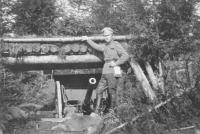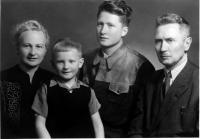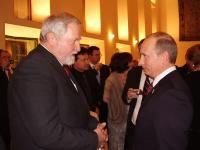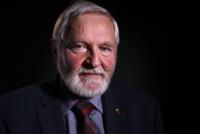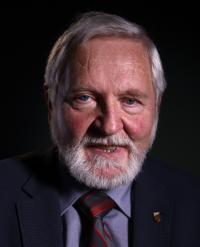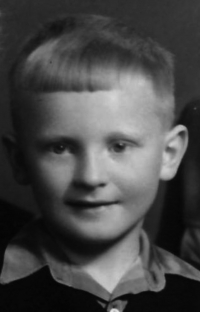In every situation, one should decide in a way which will allow them to retain their self-esteem

Stáhnout obrázek
Alexej Kelin was born on 5 September 1942 in Pelhřimov. His mother Olga (née Dudová) was a Czech émigré born in Ukraine, his father Nikolaj Kelin was an offspring of the Don Cossacks. His father fought in the Russian civil war on the side of the White Army, to be later selected within President Masaryk‘s so-called Russian Action. He then graduated from Prague‘s Faculty of Medicine and worked as a doctor in Hradec Králové, Hořepník and Želiv near Pelhřimov. Alexej Kelin graduated from Faculty of Electrical Engineering and worked in the Research Institute of Telecommunications. He is the co-author of several patents. In 1968 his brother immigrated to Germany while Alexej returned from a temporary exile to remain with his parents. With the help of the NTS (National Alliance of Russian Solidarists) founded in Germany he smuggled printed material to the USSR. After 1968 he was under secret police surveillance. He worked as a fire safety officer and after 1989 as a personal director of Czech Radiocommunications. In the late 90s he served as head of the Government Council for National Minorities. He co-authored the book History of 20th Century Russia (published by Argo in 2014).
